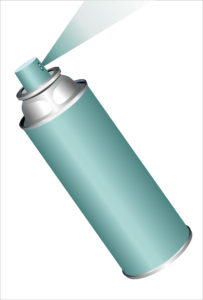
Minnesota legislators are trying to broaden the current DUI law to include new substances that people are using to get intoxicated. For example, a Wisconsin man was recently convicted for getting high on a household product called “ultra duster” and driving the wrong way on a road, which resulted in the deaths of three Minnesota men. Minnesota wants to expand the state statute so these new intoxicants are covered under the law, but one word is throwing everybody for a loop.
The word in question? “Knowingly”
The current bill that has been drafted says that individuals who “knowingly” ingest certain substances can be charged with a DWI. Obviously prosecutors don’t want to punish people who unknowingly get drugged or ingest an illegal substance before driving, but they also fear that the word “knowingly” may make it harder to earn a conviction because it can be difficult to prove intent, even if the defendant did willingly take the substance.
“It just makes the law weaker, it makes it harder to prosecute and it gives defense attorneys more leverage to reduce sentences,” said Clay Kendhammer, whose brother was killed in the crash last summer. Serghei Kundilovski, the man who caused the fatal crash, was found to have been huffing aerosol spray duster prior to the crash, a substance not currently covered by Minnesota’s DWI law.
Taking Out The Word
The bill was authored by state Sen. Greg Clausen, DFL-Apple Valley. He said that the hopes to get the word “knowingly” removed from the bill, but he understands why other legislatures are cautious about taking it out.
“[They] were concerned about people working in industrial situations where there might be fumes,” said Clausen. “There might be dust that would carry some type of intoxicant.”
Clausen is currently going over all his options to address the bill’s language, including potential floor amendments. He could also make a change during the conference committee because they version of the bill in the House does not use the word knowingly.
We understand what the current version of the bill with the word in it is trying to protect against, but it’s certainly an angle that defense attorneys may attack if the wording remains unchanged. It will be interesting to see how Clausen and the rest of our legislators attempt to address the matter.





